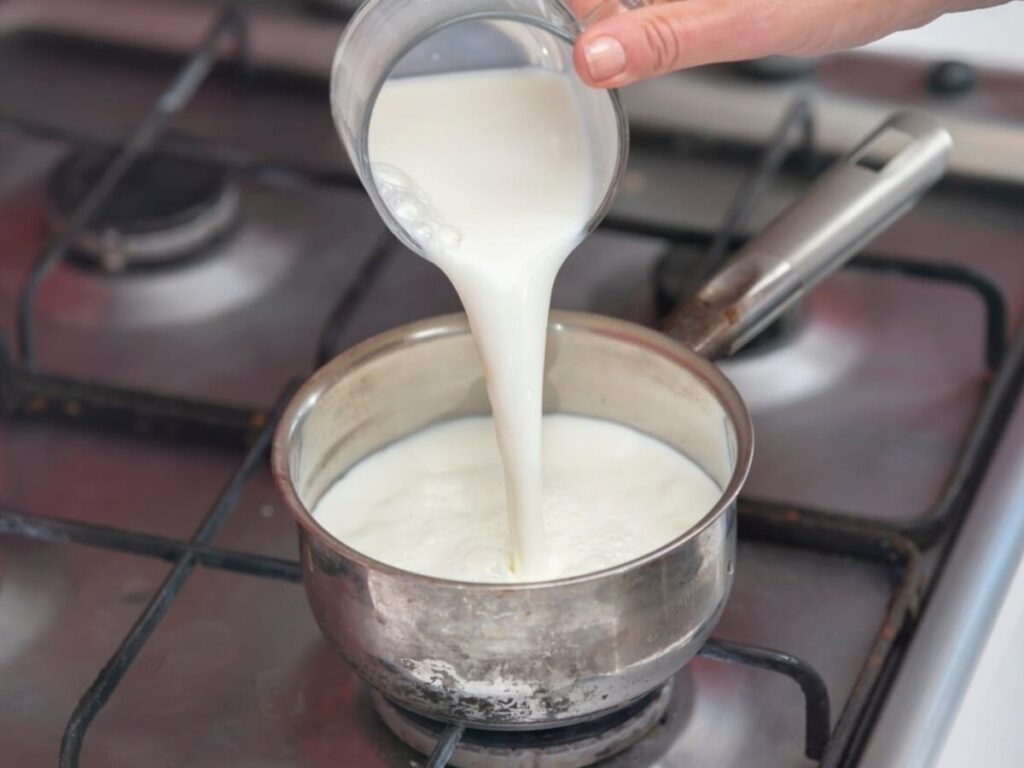Introduction
Boiling milk is a common practice in many households, especially in cooking and preparing dairy-based products. However, not all utensils are safe for boiling milk. In this article, we will explore the best and worst utensils for boiling milk, along with the reasons for their suitability or lack thereof. Understanding the right materials and design can help you avoid harmful reactions and ensure that your milk remains pure and nutritious.
Best Utensils for Boiling Milk
1. Stainless Steel Utensils
Stainless steel is often regarded as one of the best materials for boiling milk. It is non-reactive, durable, and easy to clean. Additionally, stainless steel conducts heat evenly, reducing the risk of scorching the milk.
2. Non-Stick Cookware
Non-stick cookware is another excellent choice for boiling milk. These utensils help prevent milk from sticking and burning to the bottom, making them easy to clean. However, it’s essential to use non-stick pans that do not contain harmful chemicals, such as PFOA or PFOS.
3. Copper Utensils
While copper is a good conductor of heat, it is crucial to ensure that the copper utensil is lined with stainless steel or tin. This prevents the milk from coming into direct contact with copper, which can lead to toxicity.
Worst Utensils for Boiling Milk
1. Aluminum Utensils
Aluminum utensils are not recommended for boiling milk, as aluminum can react with the lactic acid in milk and leach into it. This may pose health risks and alter the taste of your milk.
2. Plastic Utensils
Plastic utensils are also unsuitable for boiling milk. Many plastics can release harmful chemicals when heated, which can contaminate the milk. Always opt for heat-resistant glass or ceramic for safer alternatives.
3. Cast Iron Utensils
Although cast iron is a popular cooking material, it is not ideal for boiling milk. Iron can react with milk and change its flavor while also leading to the leaching of iron into the milk, which might not be desirable for everyone.
Table of Safe and Unsafe Utensils
| Utensil Type | Safety Level | Reason |
|---|---|---|
| Stainless Steel | Safe | Non-reactive and durable |
| Non-Stick Cookware | Safe | Prevents sticking and burning |
| Copper (Lined) | Safe | Good heat conductor; lining prevents reaction |
| Aluminum | Unsafe | Reacts with milk, can leach into it |
| Plastic | Unsafe | Can release harmful chemicals under heat |
| Cast Iron | Unsafe | React with milk and can leach iron |
Conclusion
Choosing the right utensil for boiling milk is crucial for ensuring both safety and quality. Stainless steel and non-stick cookware are your best bets, while aluminum, plastic, and unlined cast iron utensils pose various risks. By understanding these differences, you can make informed decisions that contribute to healthier cooking practices in your kitchen.
